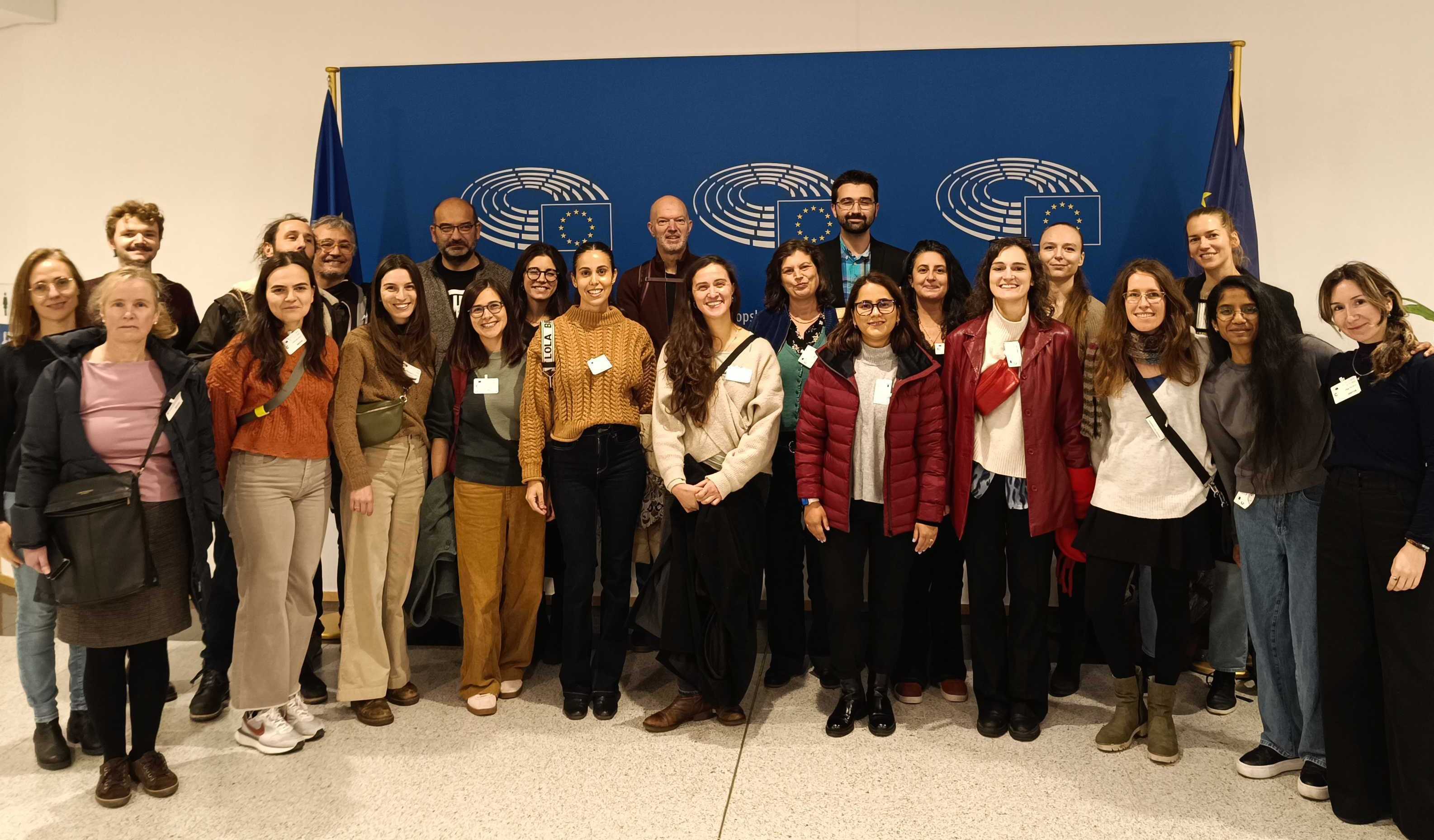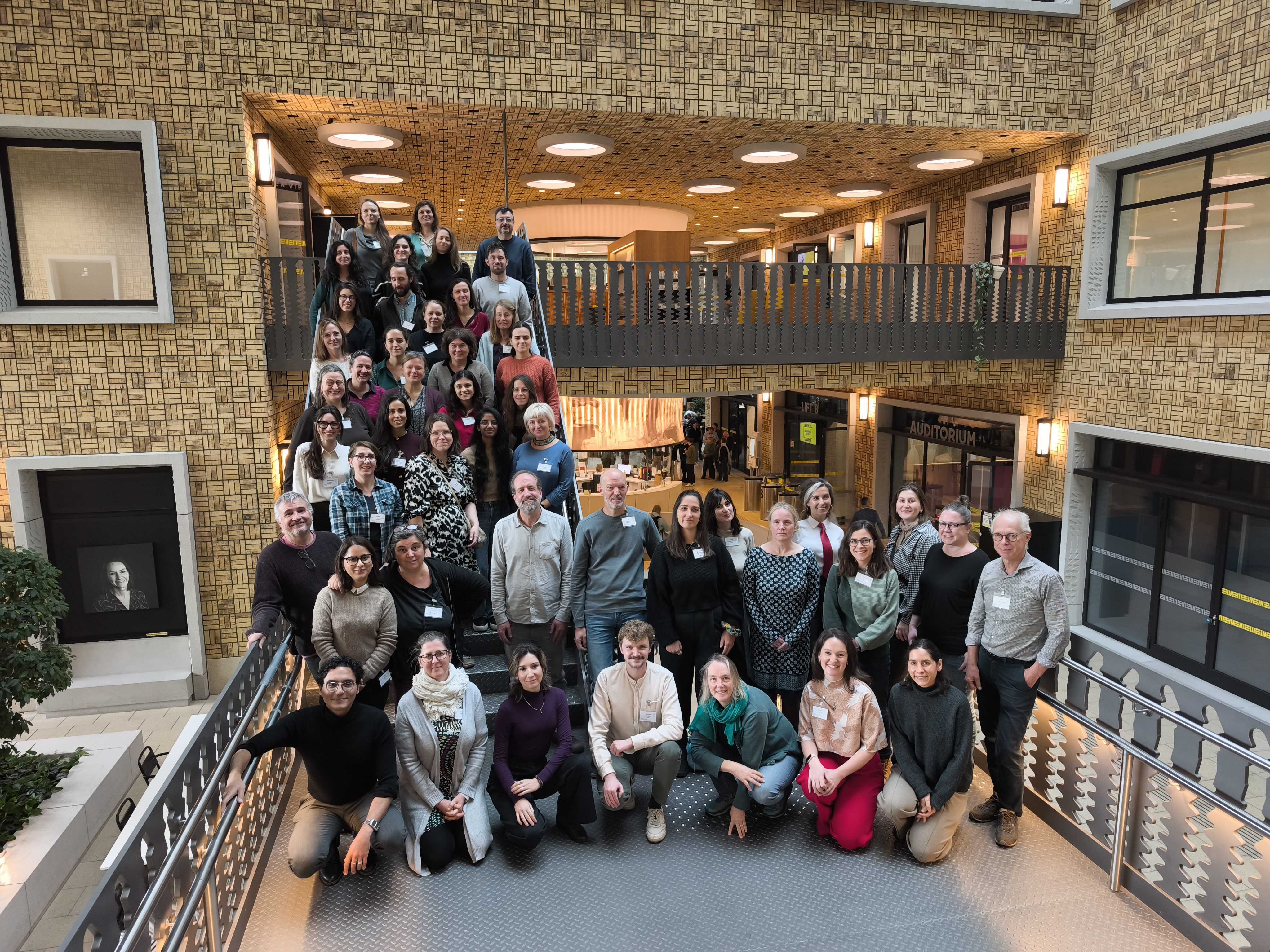Between 13 and 14 November 2025, the BioAgora consortium came together in the heart of Europe, the Belgian capital of Brussels, for its annual meeting. The event was hosted by the Research Institute for Nature and Forest (INBO) and was attended not only by partners from the 22 organisations supporting the project, but also by members of its external Advisory Board and representatives of the European Commission. This set the scene for a comprehensive two-day agenda of stock-taking the progress thus far and assessing next steps as BioAgora gears up for the concluding stages of its implementation.
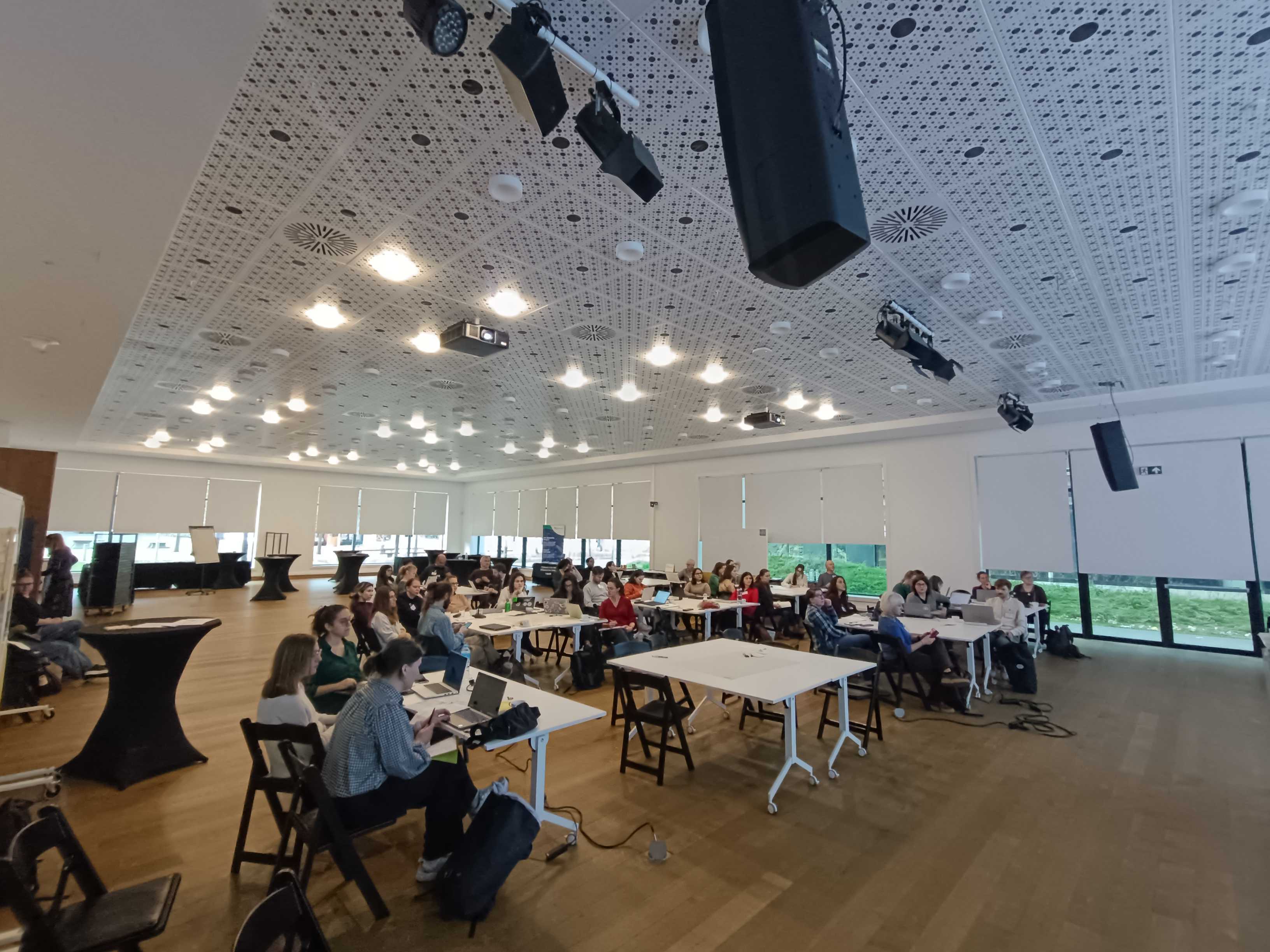
More concretely, the following topics were in the spotlight:
-
the present and future of the Knowledge Exchange Networks being developed by the project - standards of management, indicators of success and hallmarks of legacy
-
the knowledge synthesis facilitated by the landscape of projects and initiatives at the science-policy interface (project deliverable 3.2)
-
the ethics of research prioritisation as it pertains to the project’s vision for the Science Service for Biodiversity (SSBD)
-
BioAgora’s Cascade Funding initiatives
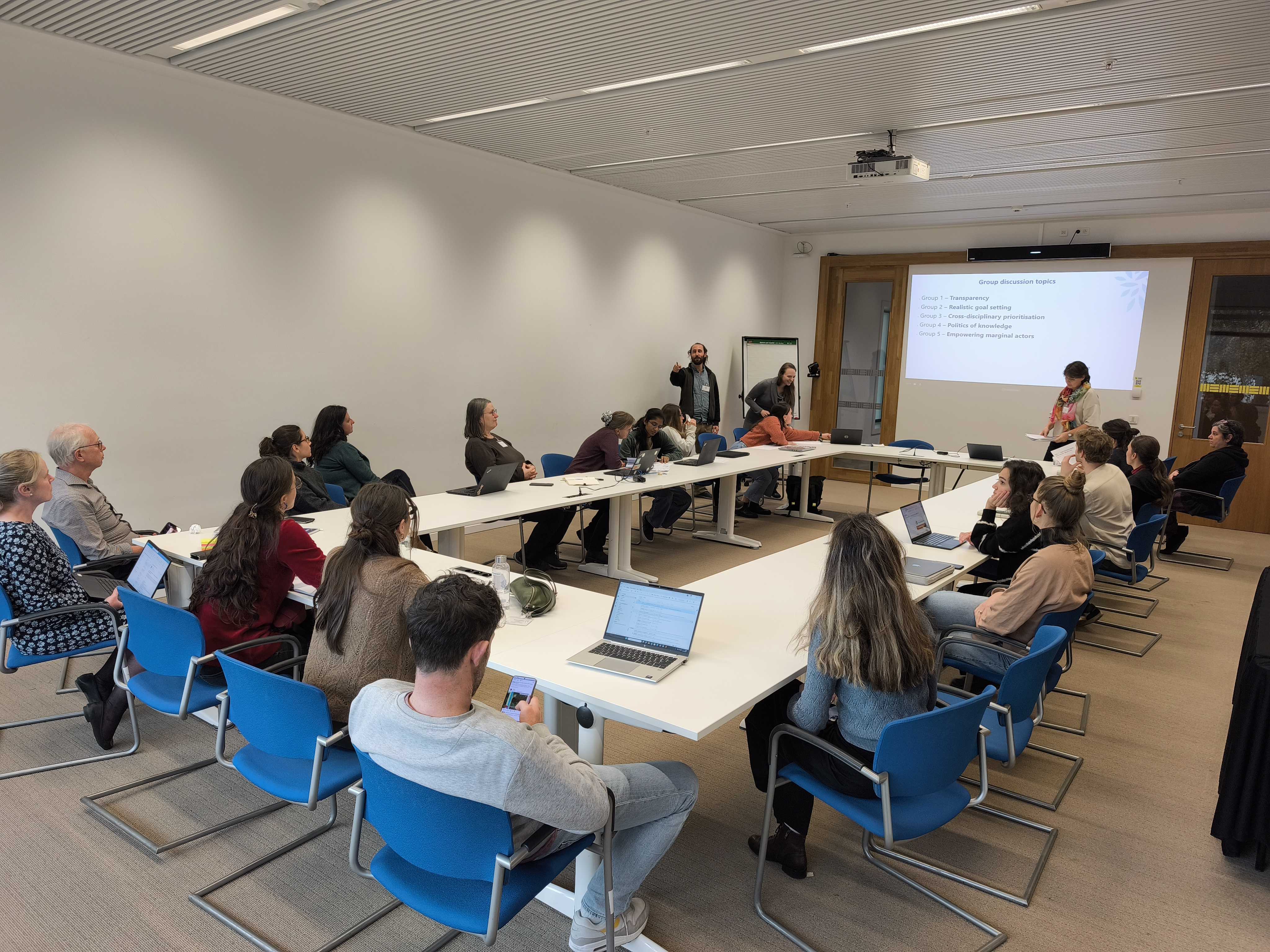
Beyond those discussions, an Open Space was facilitated wherein members of the consortium were given free rein to propose their own collaborative side sessions on concrete aspects underpinning the project’s work. A wide array of crucial questions fueled this format, including:
-
What incentives should be developed to encourage engagement with BioAgora and the Science Service?
-
Can the inclusion of citizen science perspectives inform some of the science-policy-society interface gaps that the SSBD’s development is facing?
-
Are justice, power and plurality considered in the work of the project?
-
What should be the role of artificial intelligence in the Science Service?
-
How should the public outreach and communication surrounding knowledge requests and their respective Knowledge Exchange Networks be conducted?
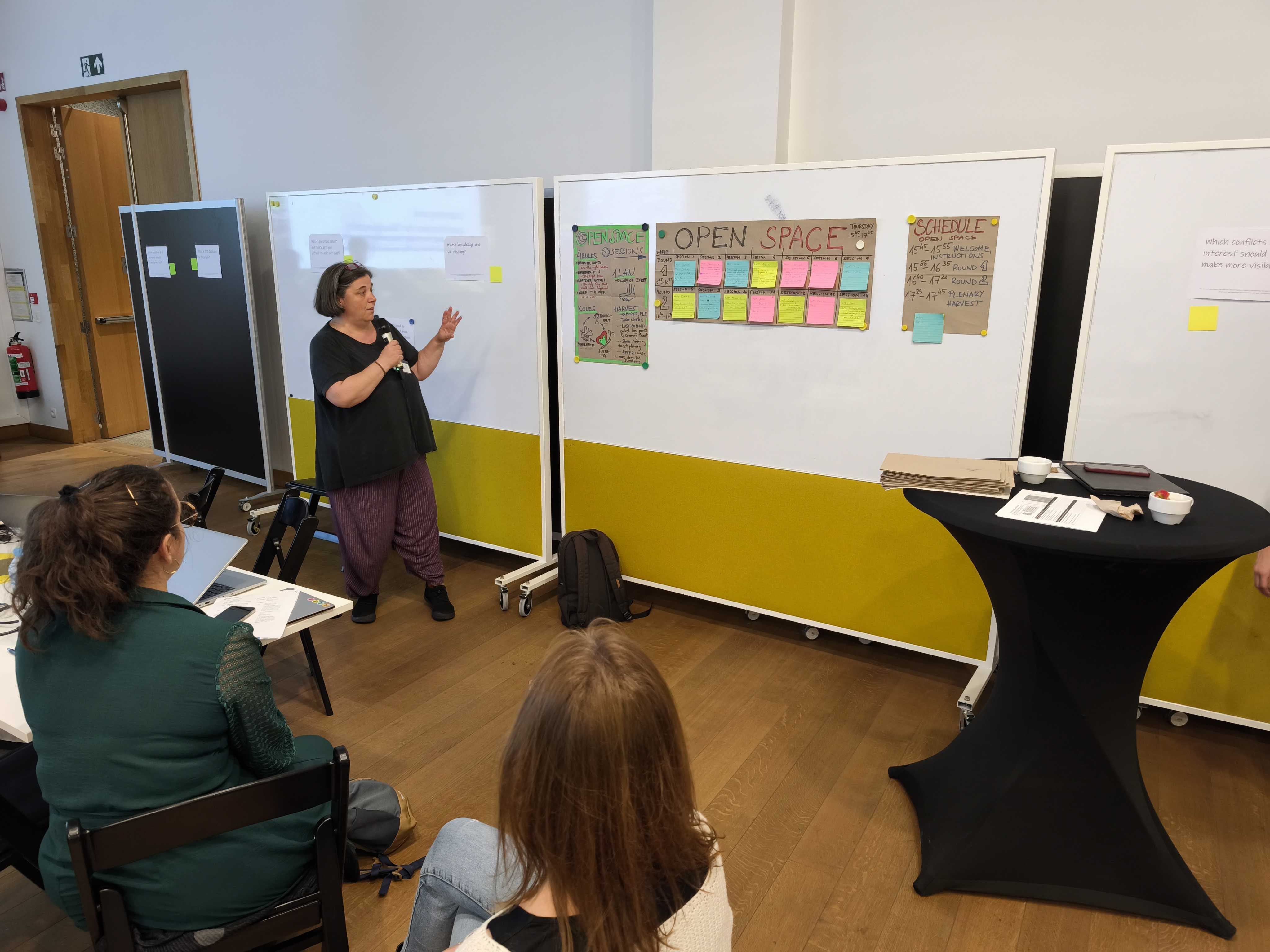
The insights gathered as a consequence of examining all aforementioned themes ultimately served as the basis for a broader outlook on the time remaining up until BioAgora’s conclusion in 2027. Naturally, the SSBD itself was front and centre in this consolidation, with the consortium exploring the further evolution of this science-policy dialogue paradigm.
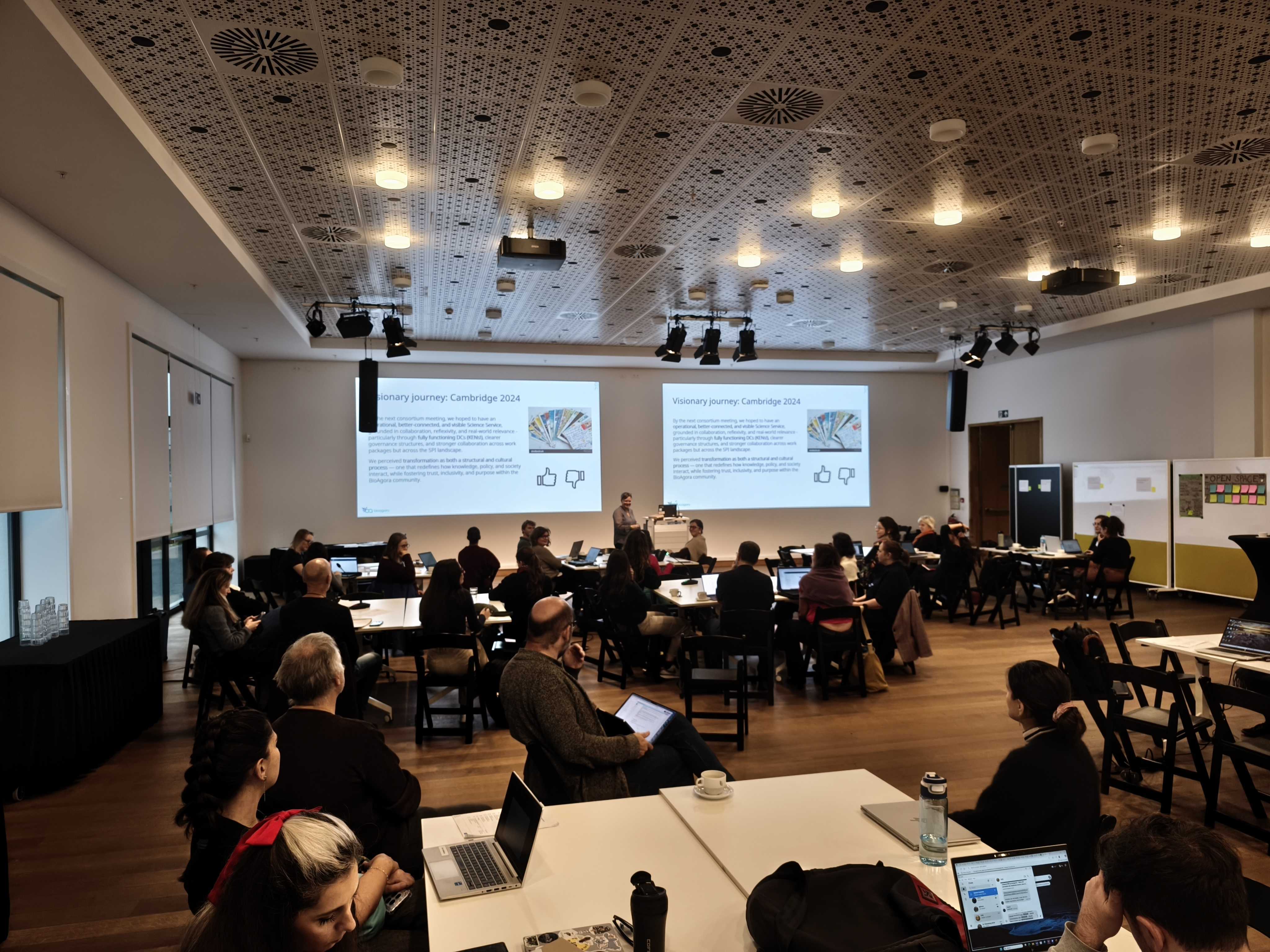
The meeting also provided an opportunity for the full and updated array of BioAgora informational materials to be displayed along with outputs from other relevant Horizon Europe projects such as fellow members of the Transformative Change Cluster CO-OP4CBD, RESPIN and TRANSPATH.
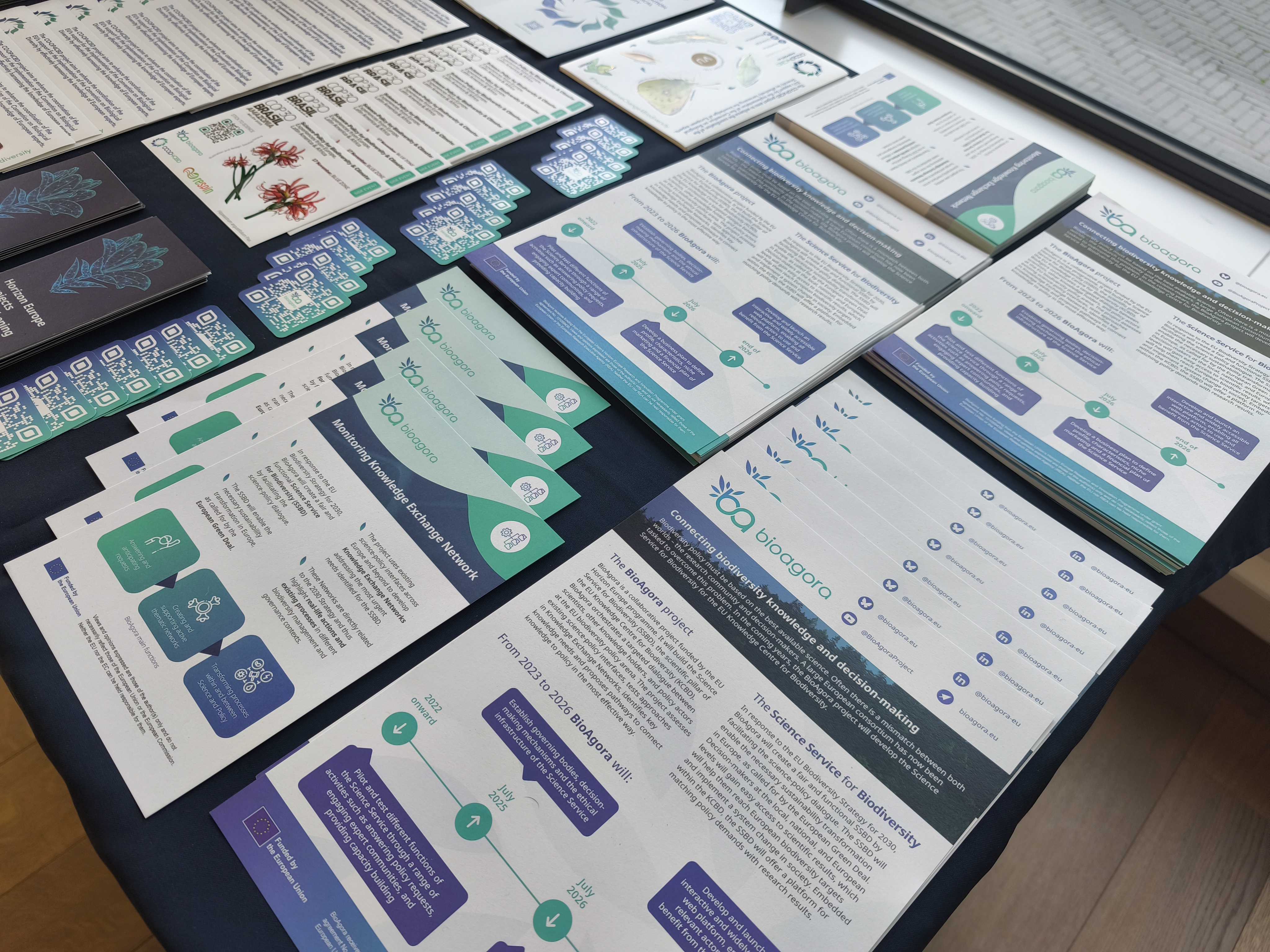
Last but not least, the meeting included a tour of the EU Quarter of Brussels and a guided visit to the European Parliament for the attendees - both were facilitated by the partners from INBO and consortium member Ben Delbaere.
